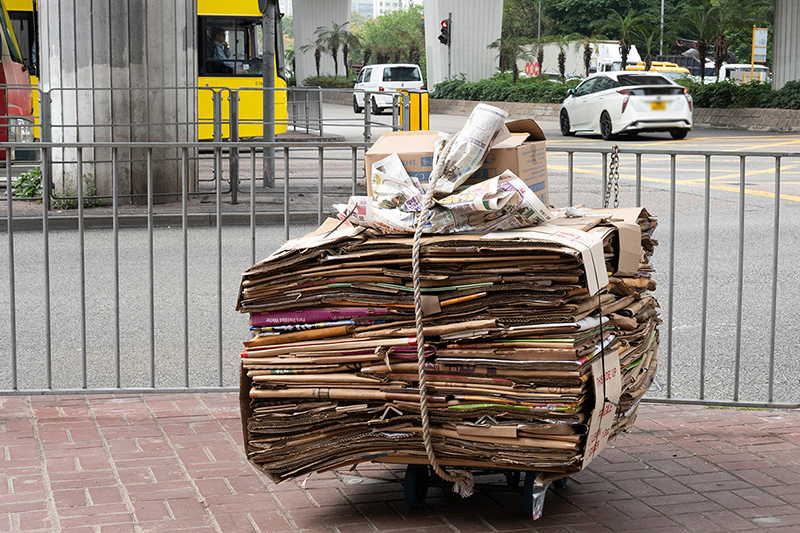Calling For Inclusive Waste Management

Ten years ago, the 'Inclusive Recycling Movement' was introduced in Latin America, aiming to improve the socio-economic conditions of waste pickers, and urging the government to acknowledge their contributions to the recycling industry. The phrase 'Waste has a price' not only emphasises the value of converting waste into resources but also highlights the social benefits that can be generated.
Social economists Giovannini and Huybrechts propose a model of three dimensions for inclusive recycling. The first dimension is 'inclusive goals', which refers to the extent to which the goals of recyclers are taken into account when designing the collaboration program or policy. The second dimension is 'inclusive process', which refers to the extent to which recyclers are involved in the process of implementing the project. The third dimension is 'inclusive outcomes', which refers to the partnership's capacity to acknowledge the achievements of recyclers before and after the project when evaluating the project.
Advocating for inclusive recycling begins by empowering recyclers, but it can be applied to the entire waste management policy. In 2022, The Hong Kong Polytechnic University published research on 'Inclusive Recycling: Challenges And Needs of Wheelchair Users in Hong Kong', which suggests that inclusive recycling is a concept for everyone. People with different capabilities should be included in recycling participation.
Over the years, when the government has been promoting sustainability and urging the public to participate in recycling. However, it is important to consider whether all citizens can participate. When formulating various policies and measures, factors such as waste charge, waste classification, collection and recycling should consider the needs and participation of people with different backgrounds and abilities. Additionally, it is important to recognise the contributions of all individuals. In summary, this approach reflects a humanized perspective towards sustainability.
In this issue of CS Voice, there are several articles that aim to encourage more discussions around inclusive waste management policies. One article features a carer who has been looking after his mother with kidney disease and shares his concerns about waste charges. This sheds light on the challenges that the disabled may face when dealing with medical waste. Another article focuses on the Waste Picker Platform, a local concern group that has been empowering informal waste pickers. They explain how to effectively utilise the labor power of these individuals in the recycling industry. Lastly, there is an article that features disabled students from Hong Kong Christian Service Pui Oi School. They share the story behind their food waste recycling brand.
- Support the Frail with Inclusive Collection Services
- Special Need Students 'Still' Have Hope: I Feel Valued!








